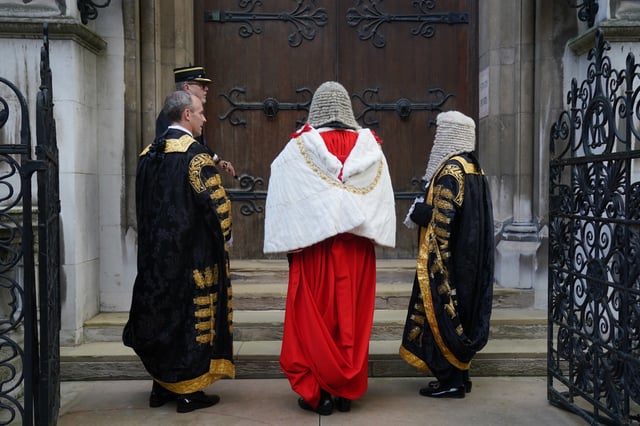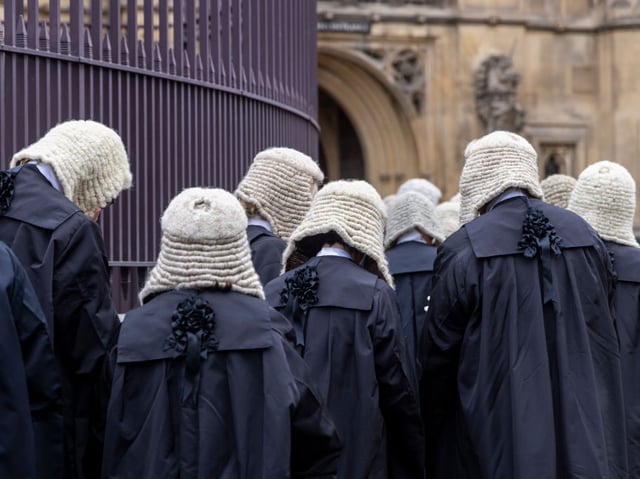Overview
- The Courts and Tribunals Judiciary in England and Wales have given judges permission to use artificial intelligence (AI) to help produce rulings, marking a significant step for the 1,000-year-old legal system.
- The guidance issued last month stressed that AI should not be used for research or legal analyses due to the risk of fabricated, misleading, inaccurate and biased information.
- Master of the Rolls Geoffrey Vos, the second-highest ranking judge in England and Wales, stated that judges must protect confidence and take full personal responsibility for everything they produce.
- The guidance is filled with warnings about the limitations of AI and potential problems if a user is unaware of how it works, including a specific admonition about chatbots like ChatGPT.
- Despite the cautious approval, the guidance has been criticized for not having a clear accountability mechanism, with questions raised about how it will be enforced and who will oversee compliance.

![[Photo: Frank Augstein/AP Photo]](/cdn-cgi/image/onerror=redirect,width=640,height=640,format=webp/https://storage.googleapis.com/uploads.mongoosehq.com/url/media/6592959/7fa94121ea2b00216b78f5d2e49103d4ae3ea2c151290f99612031f4d7f0d1fc)
